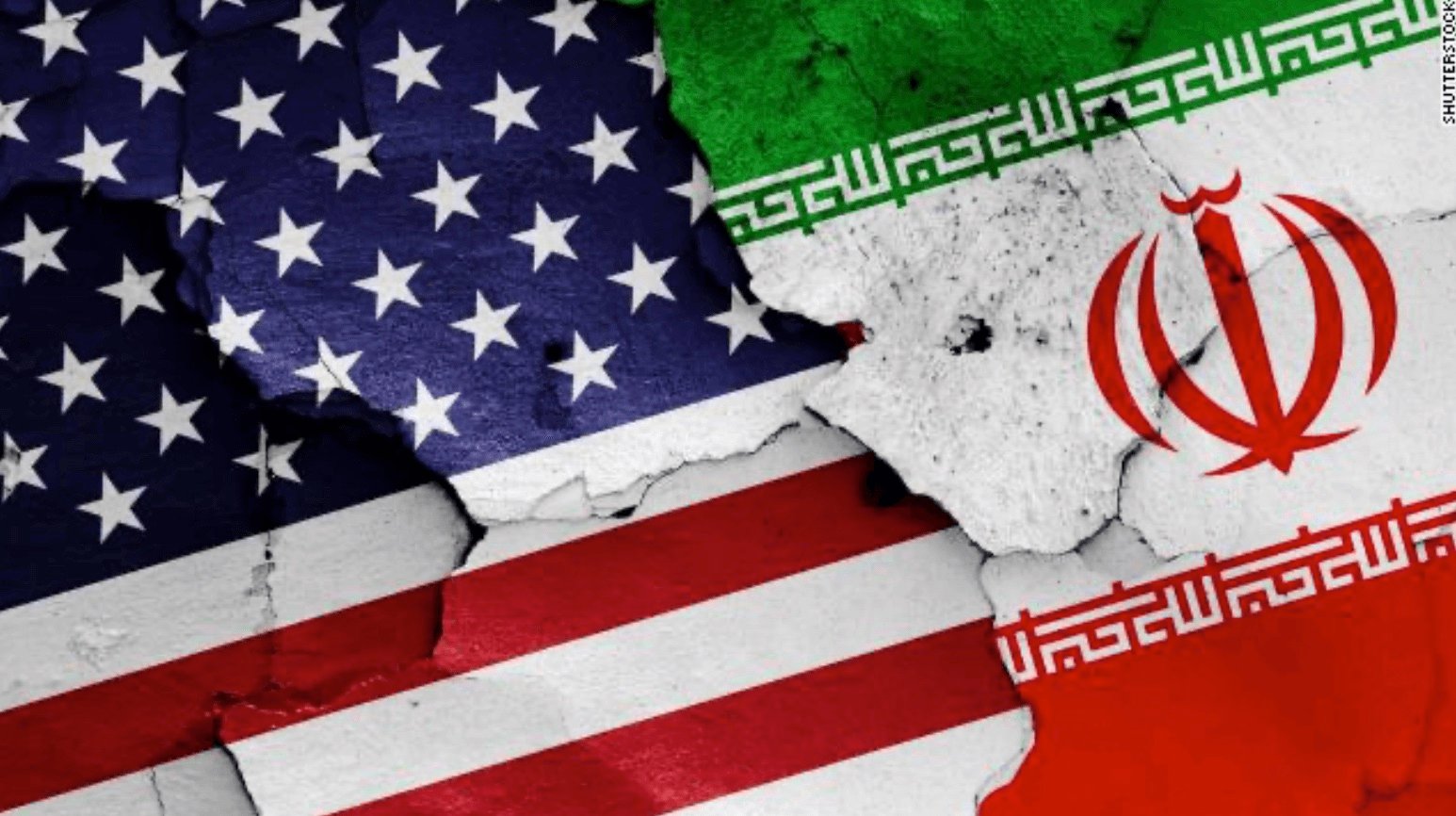The world held its breath over the weekend as tensions between Iran, the U.S., and Israel erupted into the most significant military confrontation with the Islamic Republic since 1979.
In a dramatic escalation, the U.S. dropped 30,000-pound bunker-buster bombs on Iran’s underground Fordow nuclear facility, aligning militarily with Israel in a joint operation that has sent shockwaves across the globe. President Trump hailed the strike as a “spectacular military success” and hinted at possible regime change, while Iran vowed revenge and refused any return to diplomacy until retaliation was complete.
Israel and Iran have continued to exchange missile attacks. Iranian missiles left dozens wounded and caused destruction in Tel Aviv, while Israel struck military targets deep in western Iran. Civilian death tolls in Iran have climbed past 400, according to local authorities.
Meanwhile, global fears are rising. The U.S. Department of Homeland Security warned of possible cyber or terrorist retaliation on American soil. Citizens abroad were urged to exercise extreme caution. Anti-war protests sprang up across U.S. cities, with demonstrators demanding de-escalation.
In a move with potentially catastrophic global economic consequences, Iran’s parliament approved closing the Strait of Hormuz — a strategic chokepoint through which nearly 25% of the world’s oil flows. Global oil prices surged on the news.
Despite Defense Secretary Pete Hegseth’s insistence that the operation wasn’t about regime change, Trump’s remarks and Israel’s stated goal of toppling Iran’s ruling clerics suggest otherwise. Still, no further U.S. strikes are currently planned, unless Iran “messes around,” according to Secretary of State Marco Rubio.
At the U.N., emergency discussions were held, with Russia, China, and Pakistan calling for an immediate ceasefire. U.N. Secretary-General António Guterres warned that the strikes marked a dangerous turning point in Middle East stability.
For civilians in both Iran and Israel, the war is not a geopolitical chess match — it’s a nightmare. Residents are fleeing cities, shelters are overflowing, and uncertainty hangs in the air like smoke from a missile strike. As both nations brace for what’s next, one thing is clear: the region — and the world — stands on a knife’s edge.






0 Comments